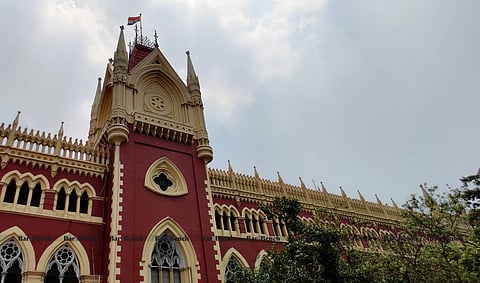
- News
- Columns
- Interviews
- Law Firms
- Apprentice Lawyer
- Legal Jobs
- हिंदी
- ಕನ್ನಡ

The Calcutta High Court recently observed that courts, as a rule, should not add a person as a defendant to a suit when the plaintiff opposes such an addition or impleadment of a party. [Shri Jogesh Gupta v. Shree Shree Iswar Satyanaraynji & Ors]